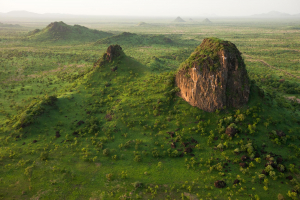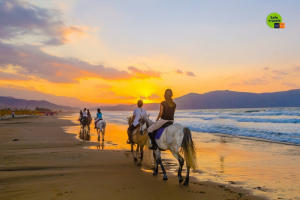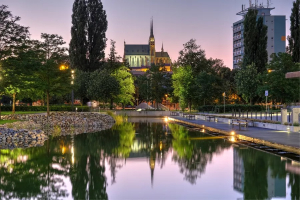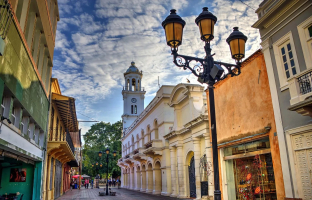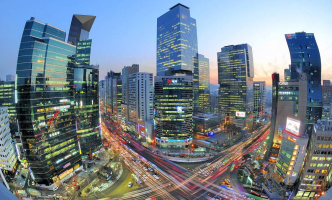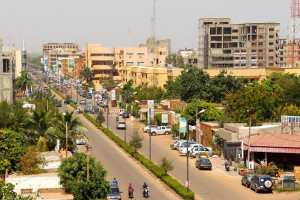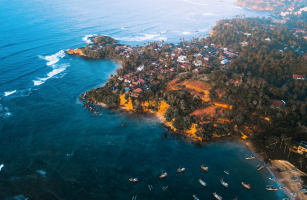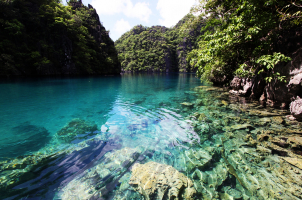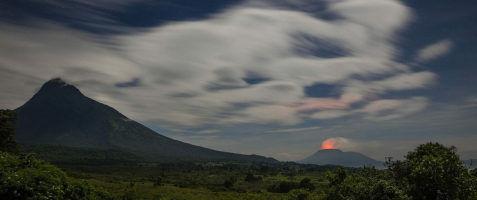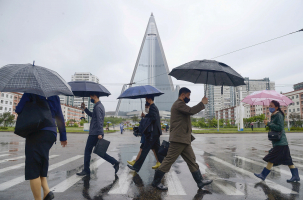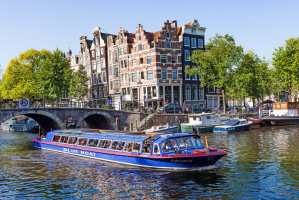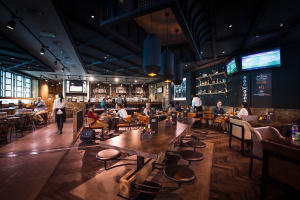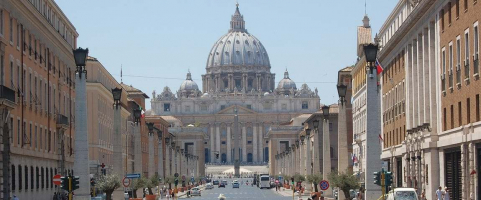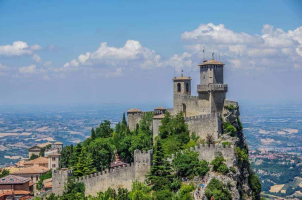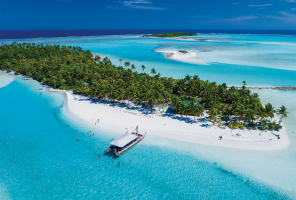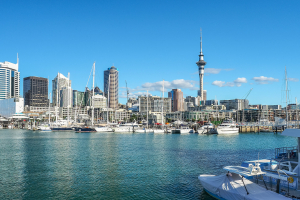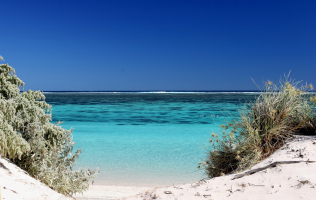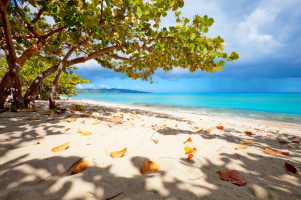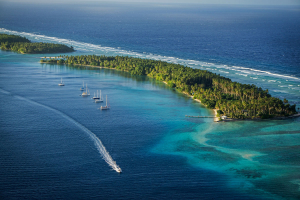Top 8 Things About Sierra Leone You Should Know
Sierra Leone, one of Africa's least visited countries, has a terrible reputation due to its harsh past. From 1991 to 2002, the West African country was ravaged ... read more...by civil conflict, and between 2014 and 2016, it was hit by an Ebola outbreak. If you do decide to visit Sierra Leone, you will discover a country with a rich history that is tranquil; with pure nature (there are lovely beaches and lots of wildlife! ); safer than you may imagine; and where the residents are very warm and hospitable. Here are some Things about Sierra Leone You Should Know.
-
Despite the fact that the civil war ended 20 years ago, Sierra Leone is still regarded as a hazardous country. This, however, does not accurately reflect reality. While frauds and nuisances such as pickpocketing and bag snatching are unavoidable – especially in the capital Freetown – you should just take the same precautions you would in any other location (ie in Paris, London, or Playa del Carmen). This is definitely one of the top Things about Sierra Leone You Should Know.
Simply avoid wearing dazzling jewelry; do not show off your stuff, such as your iPhone or huge camera, and especially do not hang your phone out of the car to shoot photos, as this is a direct invitation to opportunists. Don't walk alone at night, especially if there is little or no lighting. Even so, Sierra Leone is still a great destination that you should visit.
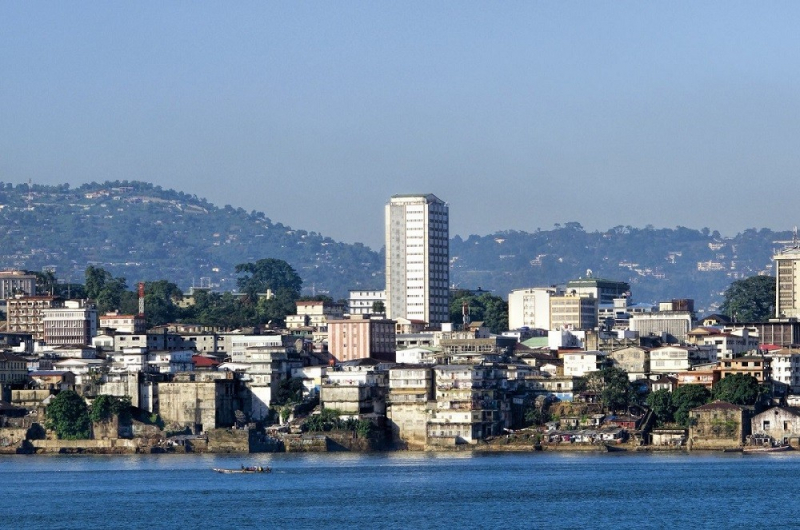
baoquocte.vn 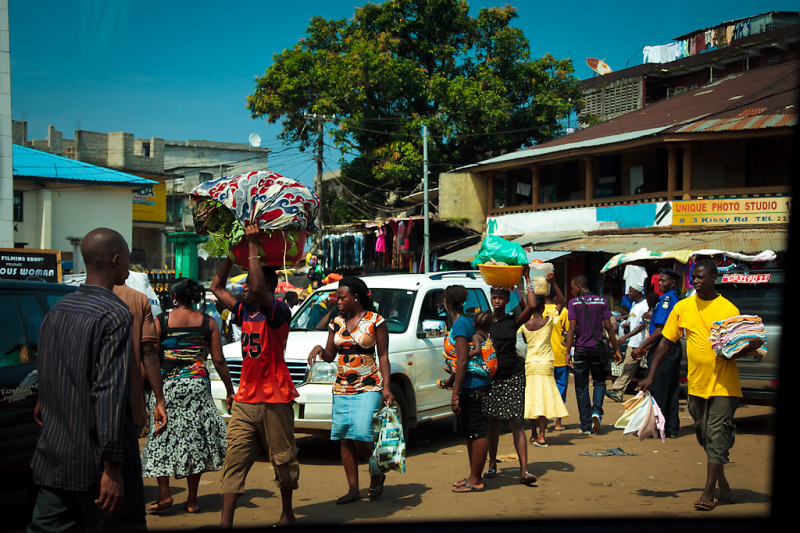
flickr.com -
Sierra Leone, like every other country close to the Equator, has two seasons. The first is the rainy season, which lasts from May to October and with average temperatures ranging from 27°C to 32°C (80°F to 90°F). Every day throughout the rainy season, especially in July and August, there is a lot of rain; rain (especially in October) often arrives in thundering spouts. Because of excessive rain, roads are frequently in poor condition, if not completely impassable.
The dry season, which lasts from November to April, has temperatures as high as 38°C (over 100°F), bright days that are dry and often dusty, especially from December to February when the Sahara winds blow. March and April are the hottest months - and certainly the best months to visit if you want to go to the beach. The danger of malaria is decreased during the dry season.

mycause.com 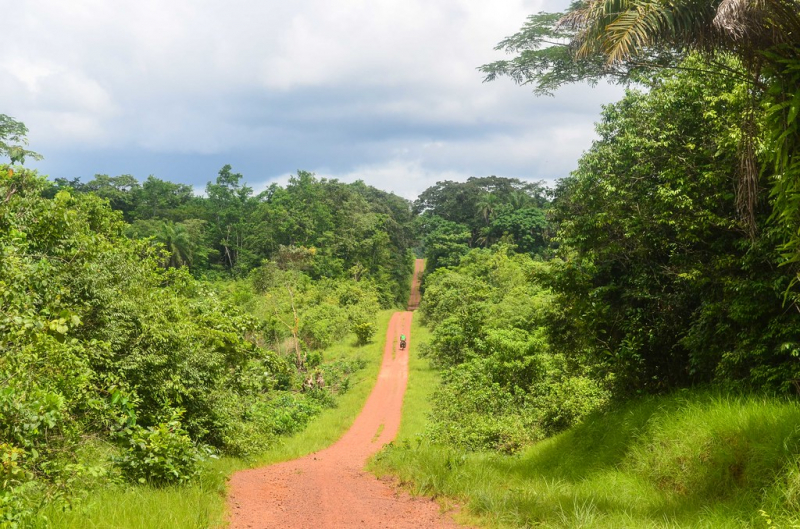
freewheely.com -
In Sierra Leone, it is simple to get around Freetown by cab, okadas (mototaxis), public buses, or poda poda (private buses). When you try to leave town, the difficulty begins. Road conditions are awful - in reality, the capital is a major construction site for new highways, and in the meanwhile, you must make do with badly maintained, frequently flooded, and muddy dirt roads.
If you wish to travel outside of Freetown, you can take a poda poda – but be warned: comfort is not an option, as they are often overcrowded with luggage and passengers. If your budget permits it, you could rent a car - you'll need a 4WD and it'll cost you at least $100 each day. If you additionally want a driver (which is a good idea because he will know how to avoid the poorly maintained local roads), the cost will be considerably higher.
Some sites can only be accessible by boats, such as Bonthe, where Sherbro International Airport discontinued operations in 2002 and the extremely isolated Turtle Islands. Traveling by boat can become fairly expensive due to the scarcity of public boats.
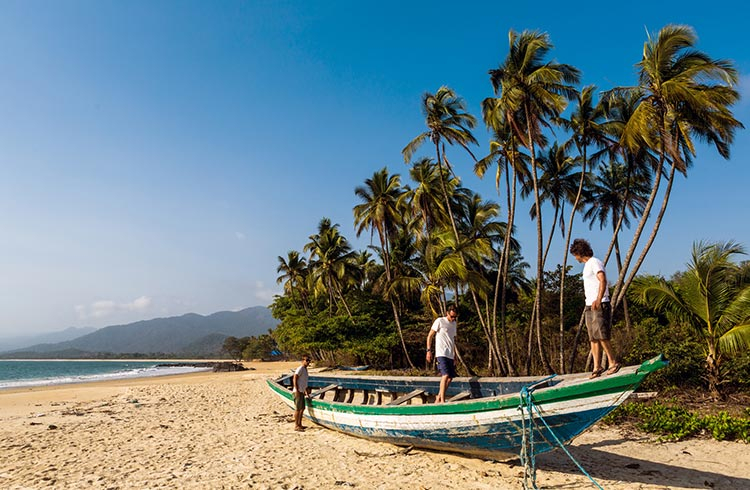
worldnomads.com 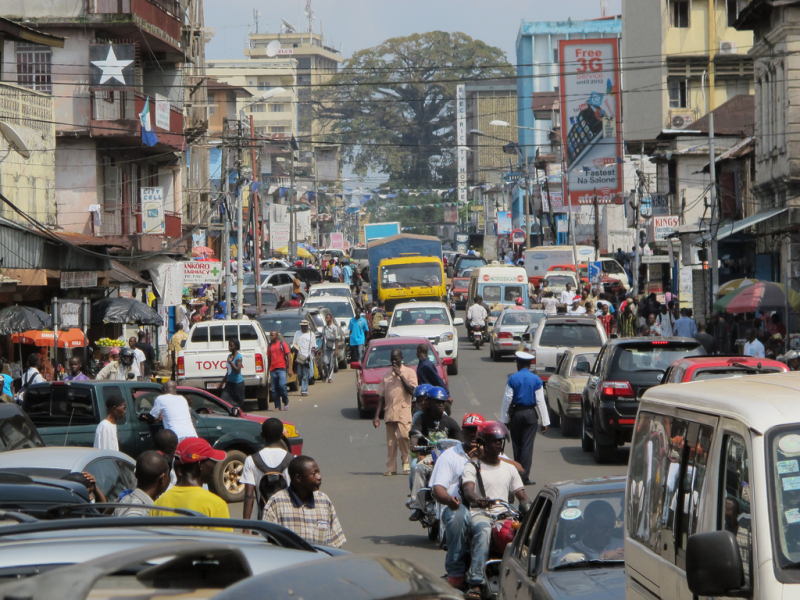
sewa.news -
When you travel to Sierra Leone, you will be expected to pay in cash. This is definitely one of the top Things about Sierra Leone You Should Know. Sierra Leone's official currency is the Sierra Leone Leone (SSL or Leone for short). The exchange rate at the time of writing is around $1 USD to SSL 10,000. The rate of inflation is actually extremely high.
While credit cards are accepted in restaurants and hotels in Freetown, everything outside of the city must be paid in cash. Because there is only one operational ATM in Freetown, you should pack enough cash for the duration of your vacation and convert money as soon as you arrive — there is a currency exchange at the airport. So make sure you bring enough cash for your trip before traveling to Sierra Leone.
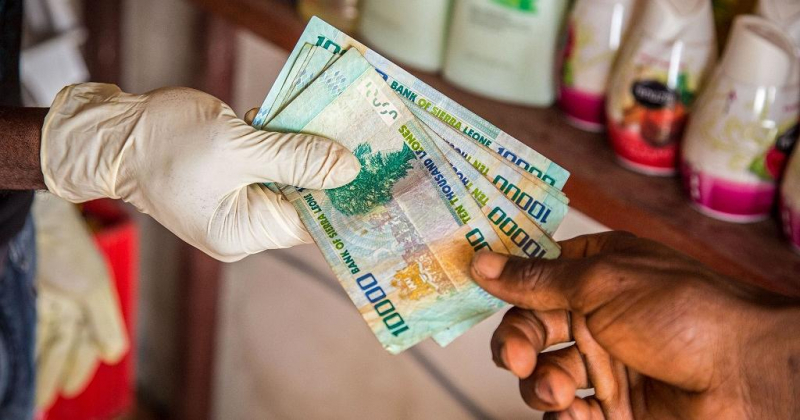
africanews.com -
Sierra Leone has an abundance of wildlife, and there are various sites to visit to see it. The best is undoubtedly Tiwai Wildlife Sanctuary on the Moa River. This is definitely one of the top Things about Sierra Leone You Should Know. The dense jungle is home to a variety of monkey species, nocturnal primates such as the galago, a variety of bird species, and the elusive and nocturnal Pygmy Hippo.
Boat cruises, night hikes, and early morning walks will increase your higher chances to see at least some of the wildlife in Sierra Leone. The rainforest, on the other hand, is very dense – so make sure to give yourself plenty of time for higher opportunities; hire a well-trained guide who understands what to look for and where to look for evidence of animal presence, and bring a good set of binoculars.
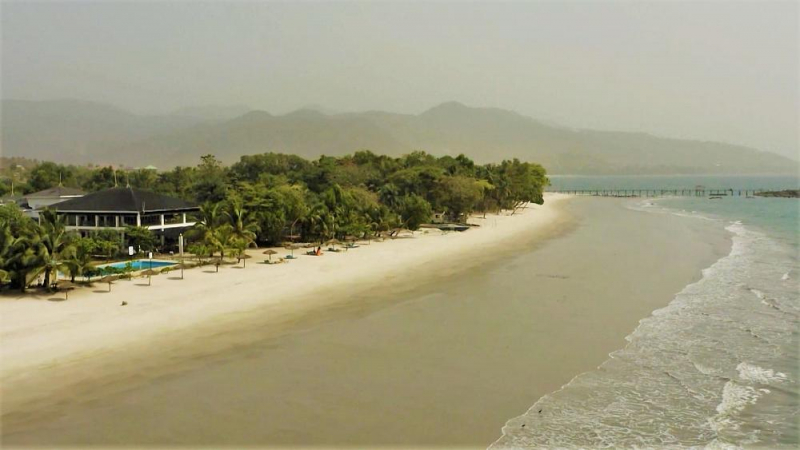
euronews.com 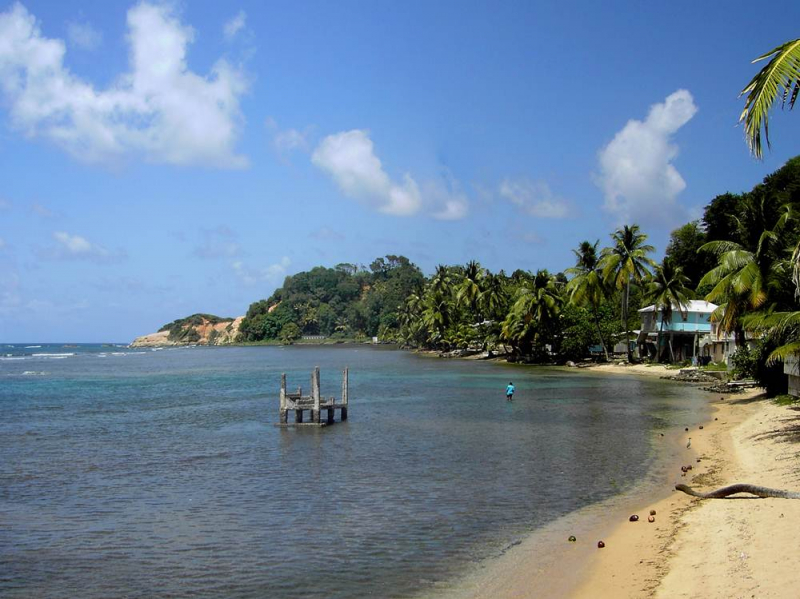
wefindyougo.com -
If you want to travel to Sierra Leone, this flight might be hectic. Sierra Leone shares borders with Guinea and Liberia, and it is accessible by land. However, flying to Sierra Leone is the best option. Lungi International Airport, located in a Freetown suburb, serves as the major airport. The majority of direct flights from Europe to Sierra Leone have been discontinued in the previous two years, however, there are still direct flights from Paris with Air France, Brussels with Air Brussels, and Istanbul with Turkish Airlines. Royal Air Maroc also offers flights from Casablanca.
If you are traveling from another city in North America or Europe, you will most likely have a layover in one of the airports listed above - be prepared for a long flight!
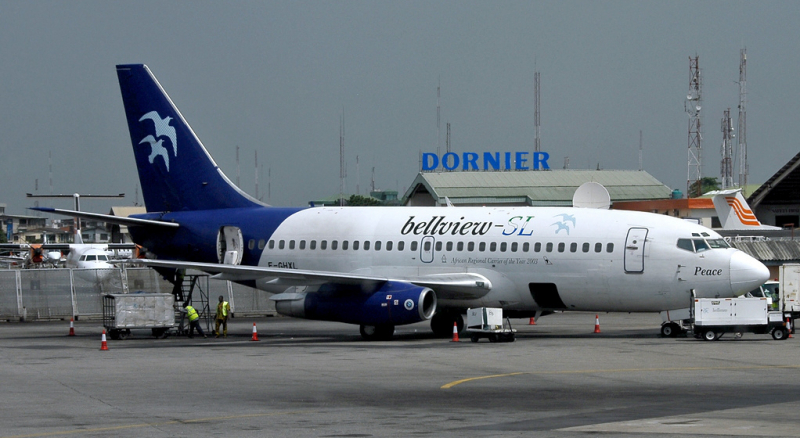
wikimedia.org 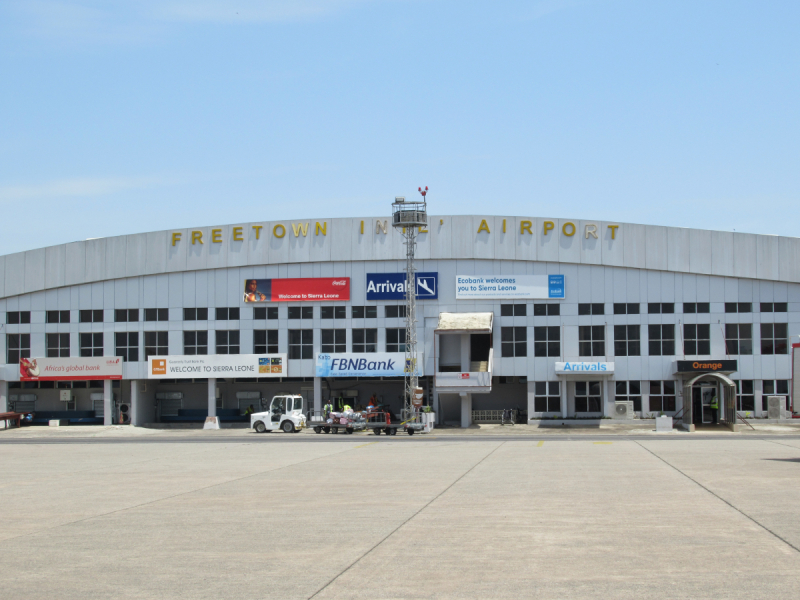
wikipedia.org -
Check your travel requirements before traveling to Sierra Leone. Visitors to Sierra Leone, with the exception of ECOWAS (Economic Community of West African States) residents, will need a visa to enter the country. Visa on arrival is accessible for citizens of several nationalities and costs $80 USD; nevertheless, you may choose to obtain your visa in advance. To obtain your visa, contact Visit Sierra Leone (VSL) and request that they process your visa. After uploading a copy of your passport and paying the $110 non-ECOWAS cost, they will handle forwarding your application to the Immigration Office and email you all documents when they are available. Tourist visas are valid for a maximum of 30 days.
A negative PCR test did no more than 72 hours before your trip is also required for travel to Sierra Leone. You will be tested again upon arrival at Lungi International Airport in Freetown – a PCR and a fast test – for which you must apply and pay (about $75 USD) via this page. To receive the PCR test results, you will need to supply a local phone number (the form will ask whether you need a local SIM card, which you can get as soon as you land and charge as much credit as you like); nevertheless, if the quick test is negative, you will be free to enter the country.
Last but not least, bring proof of Yellow Fever vaccination.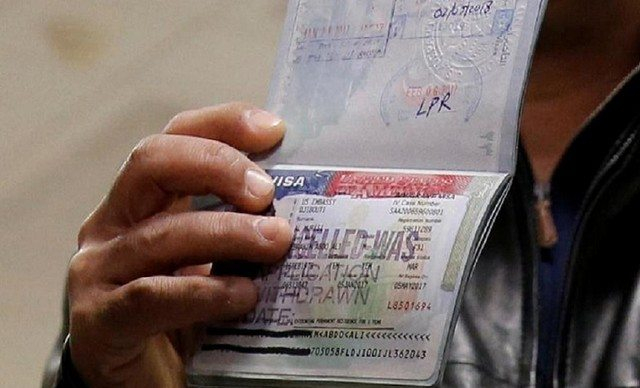
dailynewsfortravelers.com 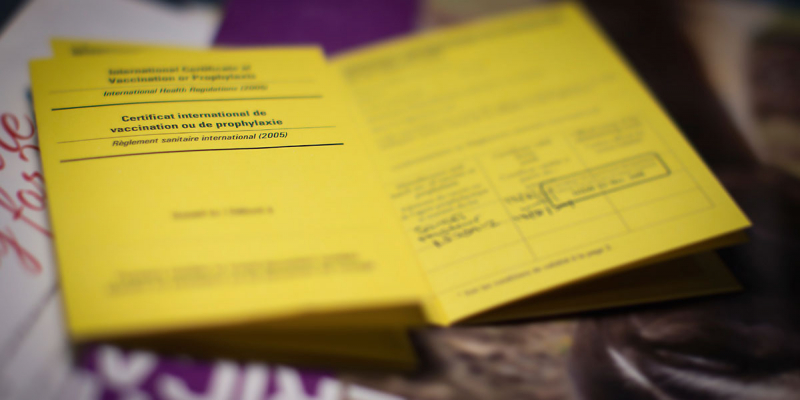
travelhealthpro.org.uk -
Other measures should be taken when traveling to Sierra Leone. This is definitely one of the top Things about Sierra Leone You Should Know. Malaria is prevalent in Sierra Leone, and the country, like the rest of West Africa, is considered a high-risk zone, with malaria present in both urban and rural regions, at all altitudes, and in all seasons (though the risk is definitely higher during the rainy season). Contact your local clinic to discuss malaria prevention — in general, it is suggested that you begin taking anti-malaria tablets a few days before your journey, throughout your vacation, and for a few days after you return.
Wear light cotton clothing in neutral colors (long pants and long sleeves shirts) to reduce the chance of malaria-carrying mosquito bites, and apply DEET as needed.
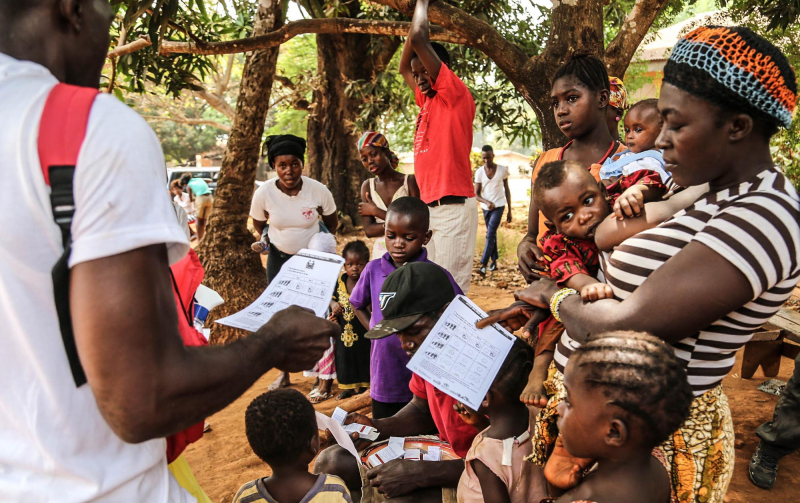
msf.org










